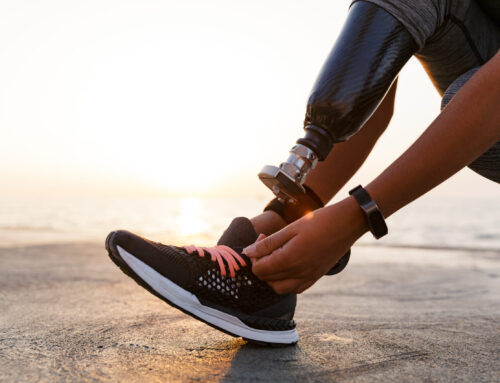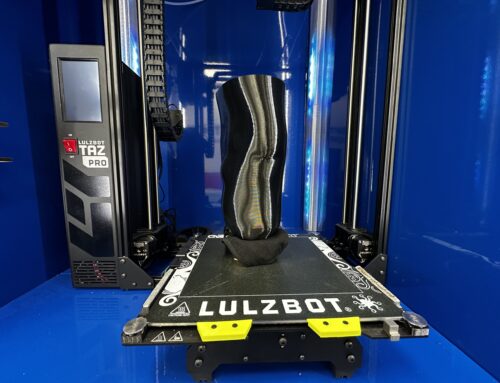The Impact of Prosthetics on Mental Health
Prosthetics have long been associated with physical rehabilitation and mobility, but their influence extends far beyond the physical realm. In recent years, there has been a growing recognition of the profound impact that prosthetic devices can have on an individual’s mental health and overall well-being. In this blog post, we will explore the various ways in which prosthetics positively affect mental health, empowering individuals and improving their quality of life.
- Restoring Self-Confidence: Losing a limb can deeply affect a person’s self-image and self-confidence. Prosthetic limbs help bridge this gap by providing a sense of normalcy and restoring one’s physical appearance. The ability to regain a symmetrical body shape can significantly enhance self-esteem and self-acceptance, allowing individuals to embrace their new reality with confidence.
- Enhancing Independence and Functionality: Prosthetic devices enable individuals to regain lost abilities and perform daily activities with greater ease. This newfound independence plays a pivotal role in boosting mental well-being. By providing individuals with the means to accomplish tasks independently, prosthetics help reduce dependence on others, restore a sense of control, and instill a renewed sense of purpose and accomplishment.
- Facilitating Social Integration: Living with a visible physical difference can often lead to social challenges and feelings of isolation. Prosthetics serve as conversation starters, helping individuals to engage with others more easily. They can help bridge the gap between people, encourage social interactions, and foster a sense of belonging. By enhancing social integration, prosthetics can alleviate feelings of loneliness and improve overall mental health.
- Promoting Psychological Adaptation: The process of adapting to life with a prosthetic limb requires resilience and mental strength. Patients who undergo rehabilitation and learn to use their prosthetics effectively develop a greater sense of self-mastery and resilience. This journey of adaptation can cultivate a positive mindset and a proactive approach towards overcoming challenges, ultimately leading to improved mental well-being.
- Inspiring a Sense of Possibility: Prosthetic advancements have paved the way for remarkable achievements and athletic pursuits by individuals with limb loss. Witnessing the achievements of others with prosthetics can inspire hope and ignite a sense of possibility within individuals facing similar challenges. The knowledge that they can still pursue their dreams and aspirations can have a transformative impact on their mental outlook and overall quality of life.
While prosthetic devices undoubtedly enhance physical capabilities, their impact extends much deeper into the realm of mental health. By restoring self-confidence, promoting independence, facilitating social integration, fostering psychological adaptation, and inspiring a sense of possibility, prosthetics empower individuals and contribute to their overall mental well-being. As we continue to advance in prosthetic technology and rehabilitation techniques, it is crucial to recognize and prioritize the profound impact these devices have on mental health, allowing individuals to embrace life to the fullest.
OPENING HOURS
| Mon – Fri | 8:00 – 4:30 |
| Saturday | CLOSED |
| Sunday | CLOSED |






